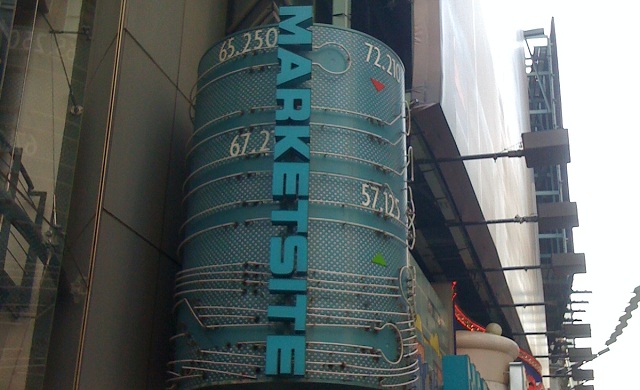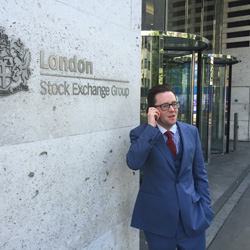U.S.-based personal computer manufacturer Dell (NASDAQ:DELL) has had a sweet ride since Michael Dell founded the company in 1984 from his college dorm room. That is, up until the last twelve months. During the last three quarters of 2012 Dell shares tumbled from just above $16.85 to $8.69 as the company seemed to have lost its way. The stock has recovered since December 2012 to close at $14.32 at 29 March.

Michael Dell clearly understands that his company has failed most recently to keep up with consumer demands for pads, notebooks, and tablets. This strategic error caused Dell revenues to drop by $5 billion last year. Even more than that, Mr. Dell had already discovered that there is a downside to being the founder of a company that has gone public. Suddenly, the founder’s creative vision becomes secondary to pleasing the shareholders. The more creative and visionary the founder, the less likely he will feel comfortable dealing with the issues of a company gone public.
With this realization in mind, Michael, holder of 16% of the company’s outstanding shares, devised a plan in conjunction with Silver Lake Management LLC to buy the company back to private ownership. Their $13.65 per share offer would be “the largest leveraged buyout since the financial crisis.” But rather than chasing the pads and pods market, Michael’s plan has been to reconfigure Dell as a provider of corporate data center hardware and software.
Mr. Dell’s offer, however, opened up interest and bidding from other outside sources, specifically, the Blackstone Group LP and billionaire investor Carl Icahn. Blackstone’s offer is said to be in excess of $14.25 per share. Icahn has offered $15.00 per share for 58.1% of the stock. Both offers would keep some shares publicly traded.
Despite the disparity in the offers, rumors are that Dell’s board will issue a proxy statement soon that favors Michael’s private equity offer. Having said that, Michael has met privately with Blackstone representatives in the last several days. Blackstone has publicly stated that it would “expect and encourage” Michael to remain with the company, but it is also known that they have been in contact with other executives who could replace Mr. Dell. Regardless of promises made up front, CEOs often find themselves on the outside looking in within relatively short periods of time. It’s almost certain that when Carl Icahn owns a majority interest, he will be the go-to guy and he will have his people run the show.
The essence of the matter is that Michael Dell is not trying to sell his company. He is trying to regain control of it and get rid of the hassles that come with public ownership. That is a horse of a much different color than a sale. If Dell’s board still believes in Michael and his vision, it’s unlikely that the company will go to the highest bidder.
Michael Dell birthed his company. He does not want to sell it into indentured servitude. He wants to bring it home. We should soon see what is to be.


 Hot Features
Hot Features











